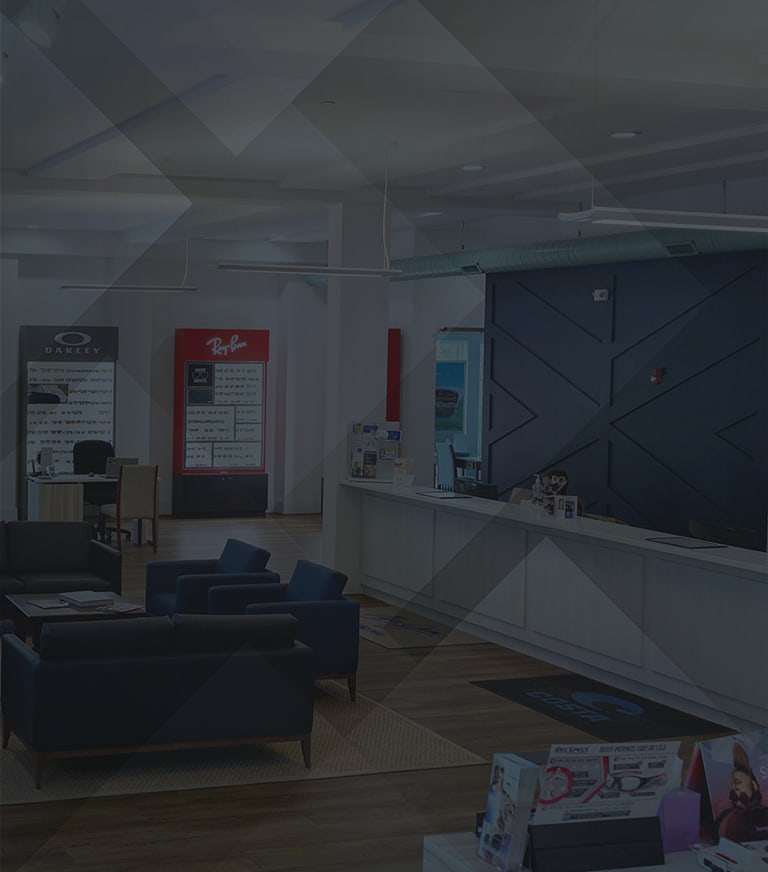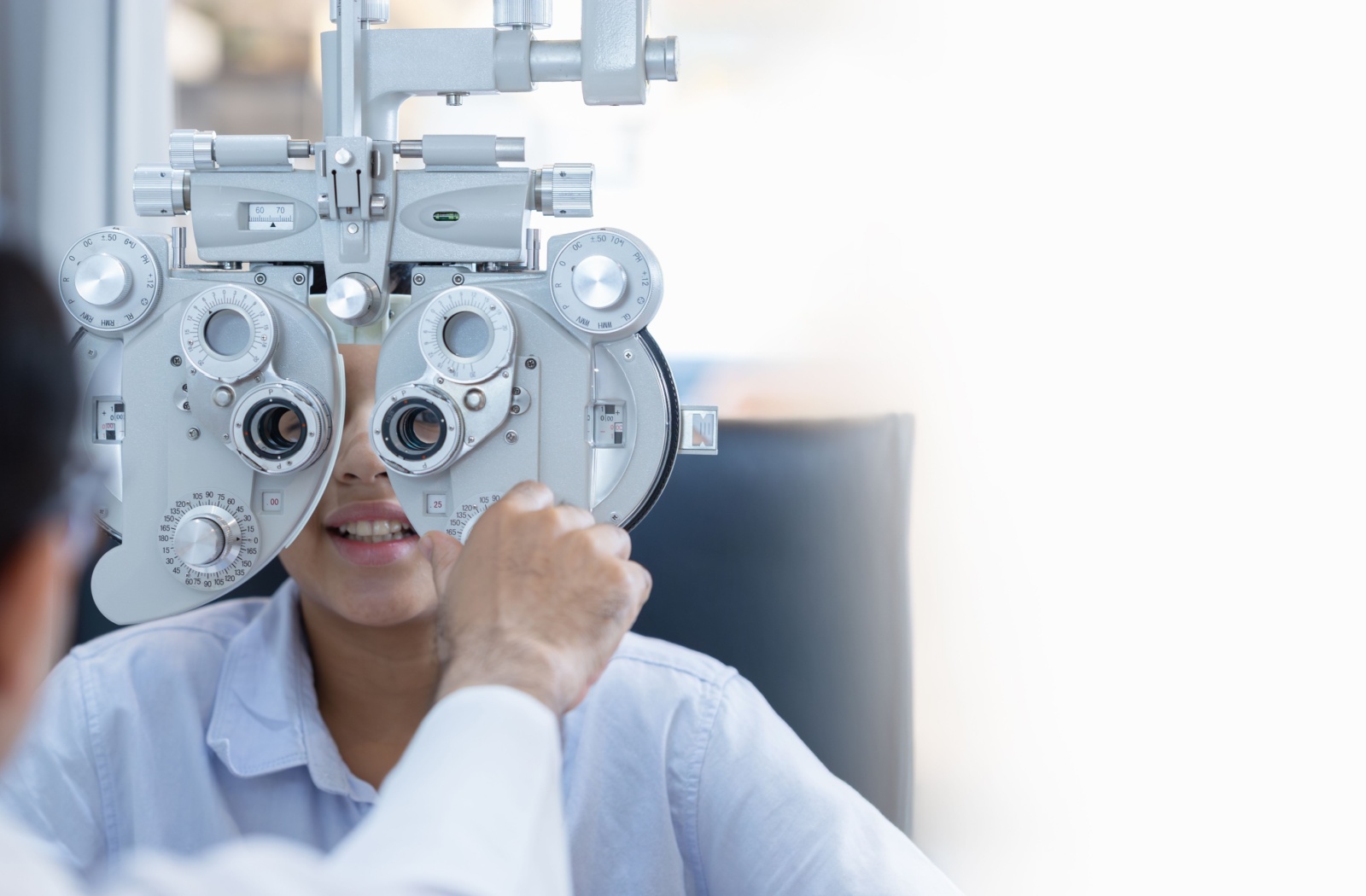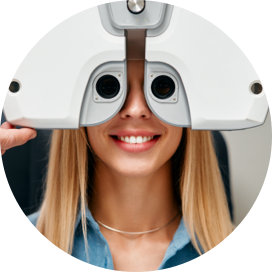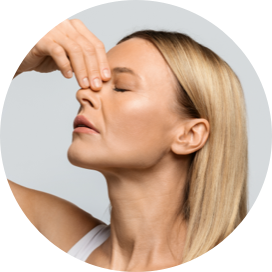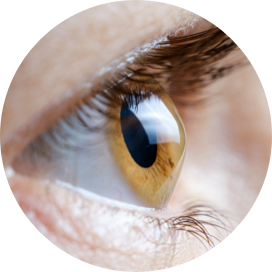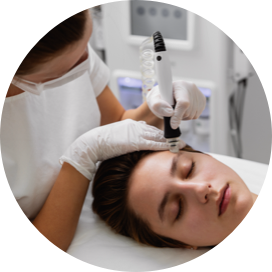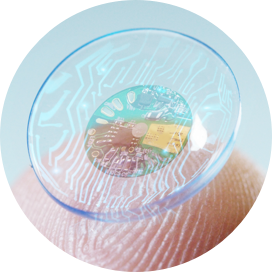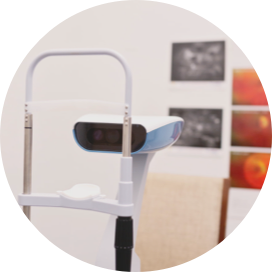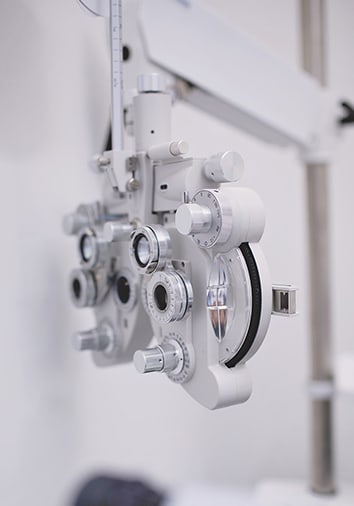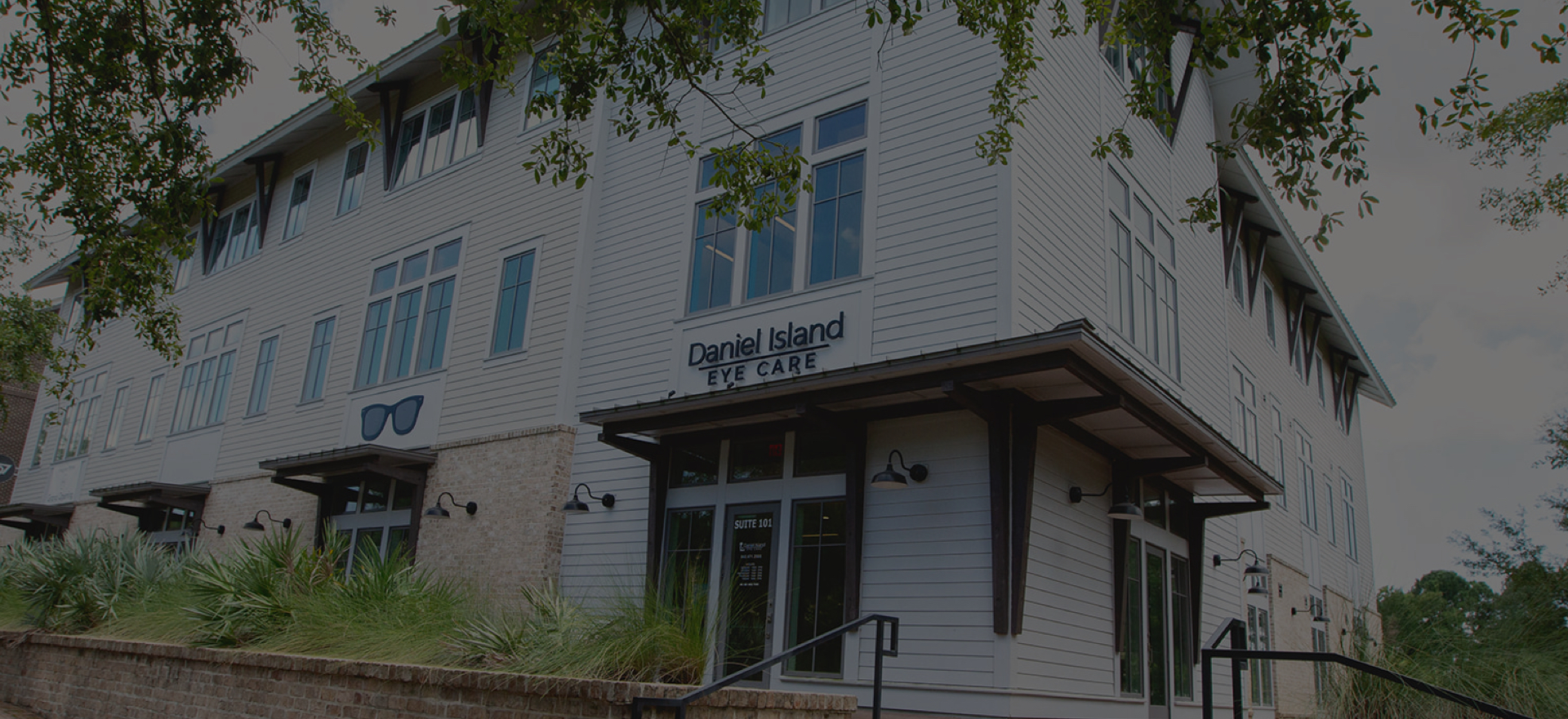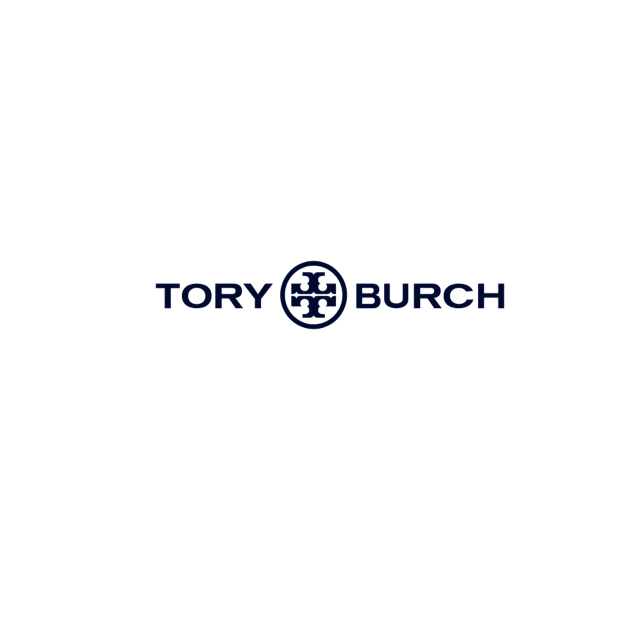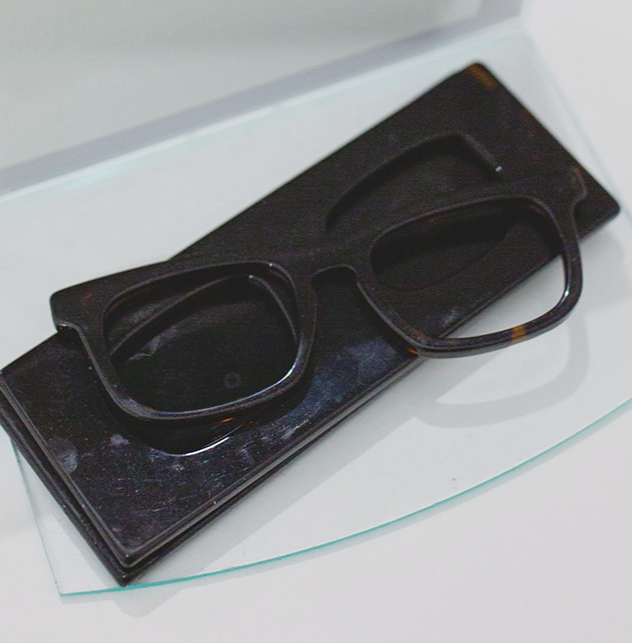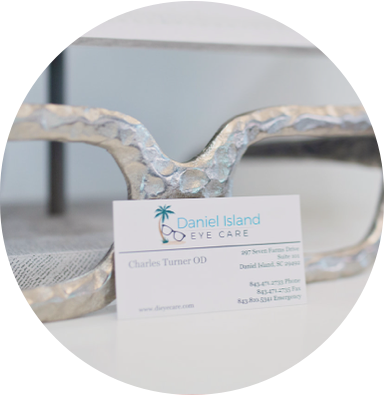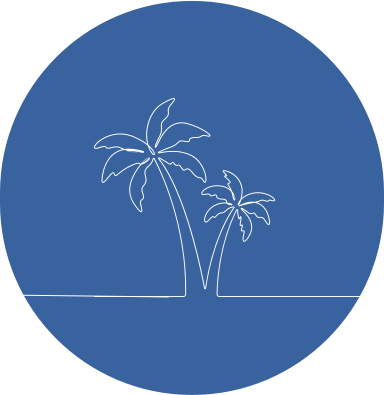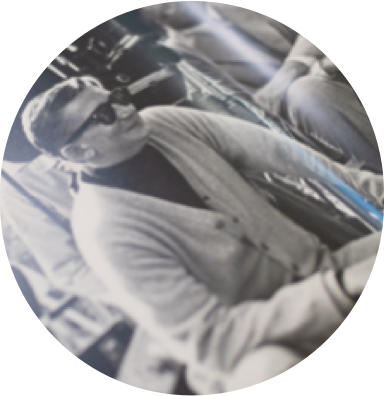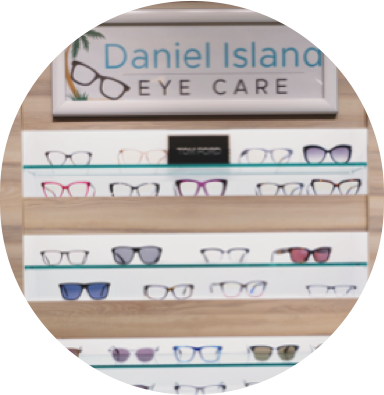Time dictates almost everything. Between juggling meetings and personal errands, finding time to invest in your personal wellness can feel like a struggle.
A comprehensive eye exam can take around 30 minutes for most people. This timeframe can vary significantly based on:
- Your age
- Eye health
- Eye exam type
Some people might breeze through an eye exam within 20 minutes, while others may find that their appointment can take over an hour because of additional tests and screenings.
No matter the type of eye exam, one thing is certain: eye exams are an investment in your overall health.
What Happens During a Comprehensive Eye Exam?
A comprehensive eye exam is a complete health checkup for your eyes. Your eye doctor isn’t just figuring out if you need glasses; they’re looking for signs of eye diseases, checking how well your eyes work together, and even screening for health conditions like diabetes and high blood pressure.
Several factors can affect how long your eye exam takes, including:
- Age: Eye exams for children and older adults often take longer because of additional testing requirements and the need for more detailed explanations.
- Eye health and history: If you have a family history of eye disease, take medications that can affect your eyes, or have symptoms that concern your doctor, expect a more thorough examination that can take additional time.
- Your visual needs: People with high prescriptions, those who need specialty lenses, or patients with conditions like astigmatism might need more detailed testing and discussion about treatment options.
There are 2 major components of a comprehensive eye exam: the visual assessment and the health evaluation.
Vision Testing & Refraction
Once you’re inside the exam room, the visual acuity test typically kicks off the beginning of your appointment’s visual screening. This quick test gives your doctor a baseline measurement of your vision and normally takes just a few minutes.
The refraction portion of your exam is probably what most people think of when they imagine an eye test. This is where your optometrist determines your exact prescription by having you look through different lenses and asking, “Which is better, 1 or 2?”
This process usually takes about 10–15 minutes, but it can take longer if you have a complex prescription or if you’re having trouble deciding between lens options. Don’t worry if you can’t tell the difference sometimes; that’s actually helpful information for your eye doctor.
Your eye doctor might also test how well your eyes work together through binocular vision testing. Problems with eye coordination can cause headaches, eye strain, and reading difficulties, so this testing is particularly important if you spend a lot of time looking at screens.
Eye Health Evaluation
Your eye doctor will examine the health of your eyes, which can add another 10–20 minutes to your appointment.
The slit lamp examination allows your optometrist to get a detailed view of the front part of your eye, including your cornea, iris, and lens. They’re looking for signs of infection, inflammation, or other conditions that could affect your vision or eye health.
Pupil dilation is another common part of the exam, though not everyone needs it at every visit. It gives your eye doctor a clearer view of the eye’s internal structures (retina, optic nerve, blood vessels), which makes it easier for them to detect even subtle changes that might stem from glaucoma, macular degeneration, and diabetic retinopathy.
If your eye doctor dilates your pupils, expect to add about 15–30 minutes to your appointment while you wait for the drops to take effect.
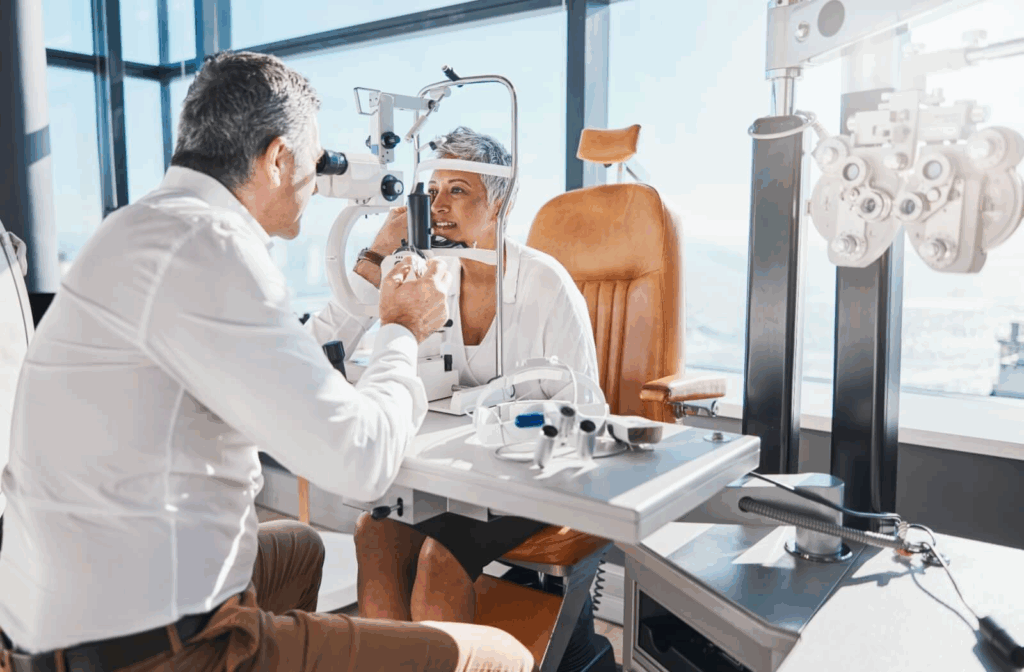
Specialized Testing
Your routine eye exam sets a foundation for your eye health and vision. Any additional exams, including a contact lens exam and fitting, diabetic eye exam, or glaucoma testing, are an extension of the routine eye exam.
Not everyone needs these eye exams, but for those who do, expect these tests and screenings to add to the length of your appointment.
Contact Lens Fitting
If you’re interested in contact lenses or already wear them, your exam will include additional testing. Why? Because contact lenses and glasses do not share the same prescriptions. These tests help your eye doctor determine your contact lens prescription.
A contact lens fitting involves measuring the curvature of your cornea, assessing your tear film, and sometimes trying different lens types to find the perfect fit.
For new contact lens wearers, this process can add 30–45 minutes to your appointment. Your eye doctor teaches you how to carefully insert and remove your contacts and goes over proper contact lens handling.
Follow-up visits for contact lens wearers are usually shorter, typically adding just 10–15 minutes to check how your eyes are responding to the lenses.
Diabetic Eye Exam
People with diabetes need more extensive eye examinations (ideally, once a year) because diabetes can cause serious eye complications, even with proper management.
A diabetic eye exam includes all the components of a regular comprehensive exam, including pupil dilation. These specialty drops help capture detailed images of your eye’s internal structures, making it easier for your eye doctor to determine any changes that might stem from diabetes.
You can expect this exam to take about 60 minutes (if not longer).
Glaucoma Screening & Testing
Glaucoma testing builds on a diabetic eye exam. It includes pupil dilation, eye pressure testing (risk factor for glaucoma), and retinal images to look for any abnormal changes in the optic nerve.
What separates glaucoma testing from other screenings is the focus on evaluating your peripheral (side) vision with a visual field test, which can take about 10 minutes per eye.
If your optometrist suspects glaucoma or you’re being monitored for the condition, expect your appointment to take at least an hour.
Make Time for Your Eye Health
Comprehensive eye exams aren’t a huge time commitment. Whether your visit takes 20 minutes or over an hour, taking the time for thorough testing now can help catch problems early, when they’re most treatable. Give your eyes the attention they deserve.
Connect with Daniel Island Eye Care to book an appointment for your routine eye exam. Bring a book or a friend, and set some time aside entirely for your eyes.
